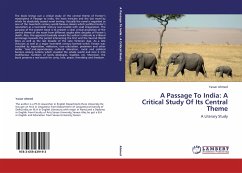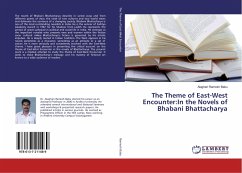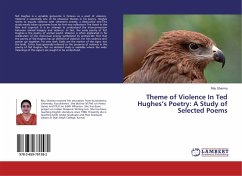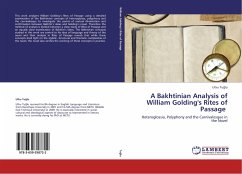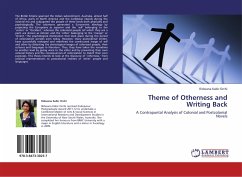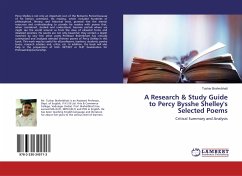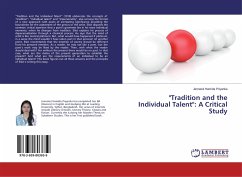The book brings out a critical study of the central theme of Forster's masterpiece A Passage to India, the most intricate and the last novel by which he absolutely ceased novel writing. Actually the novel is regarded as one of the twentieth century world-famous classics which justifies Forster's reputation as a twentieth century real novelist with vivid imagination. The purpose of the present book is to present a clear critical projection of the central theme of the novel from different angles after decades of Forster's death. Also, this approach basically reveals the author's attitude as a liberal personage towards the period intervening the First and the Second World Wars as well as the last decade of the Late Victorian Age. As a late Victorian as well as a major twentieth century learned writer, Forster was troubled by imperialism, militarism, non-culturalism, pessimism and other similar "isms",and,separateness, cultural alienation, racial and political barriers among nations which invaded the whole world and tore it into multifarious numbers of lands, ideologies, loyalties, etc. Moreover, the book presents a real search for unity, love, peace, friendship and freedom.
Bitte wählen Sie Ihr Anliegen aus.
Rechnungen
Retourenschein anfordern
Bestellstatus
Storno

